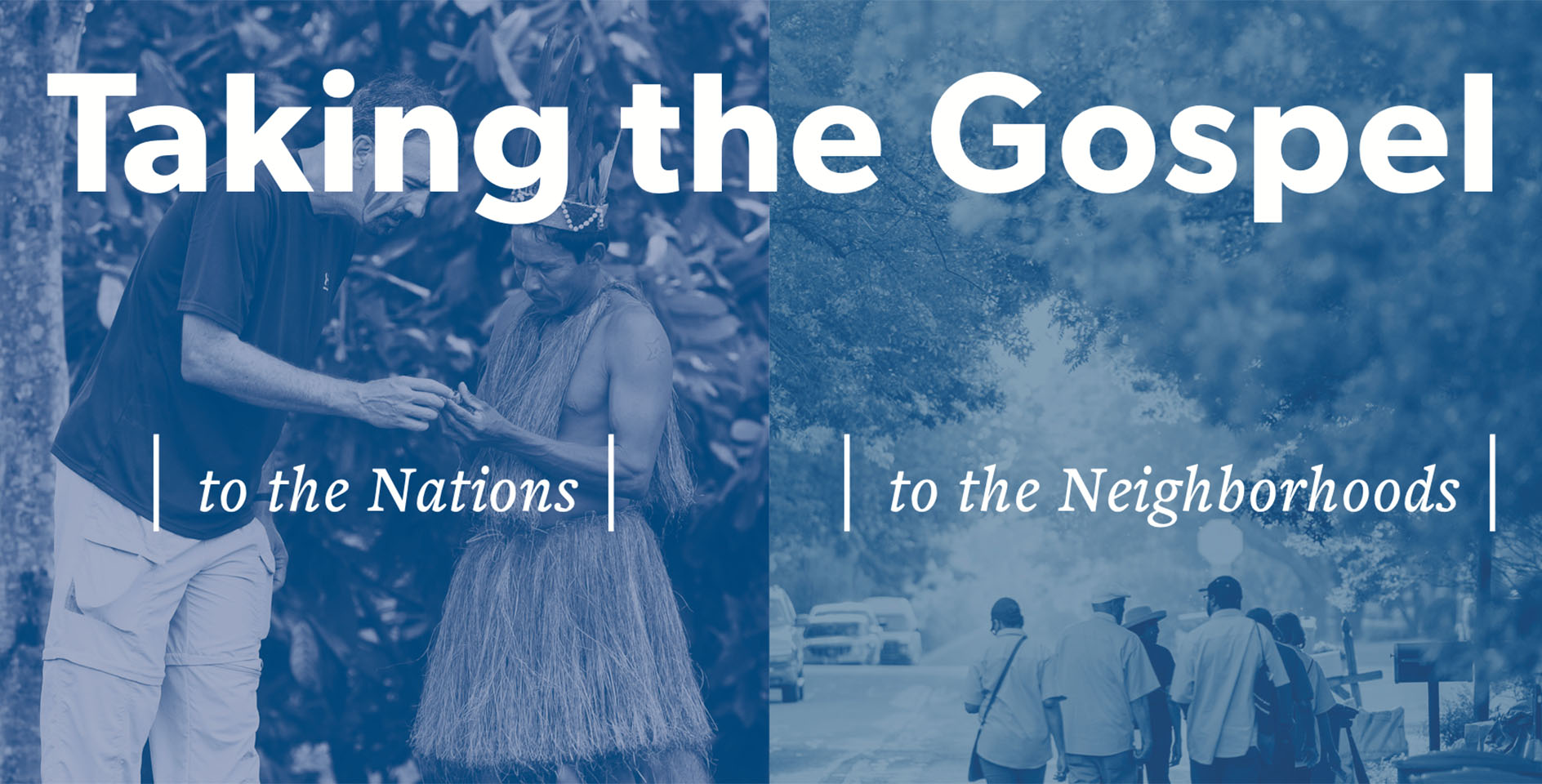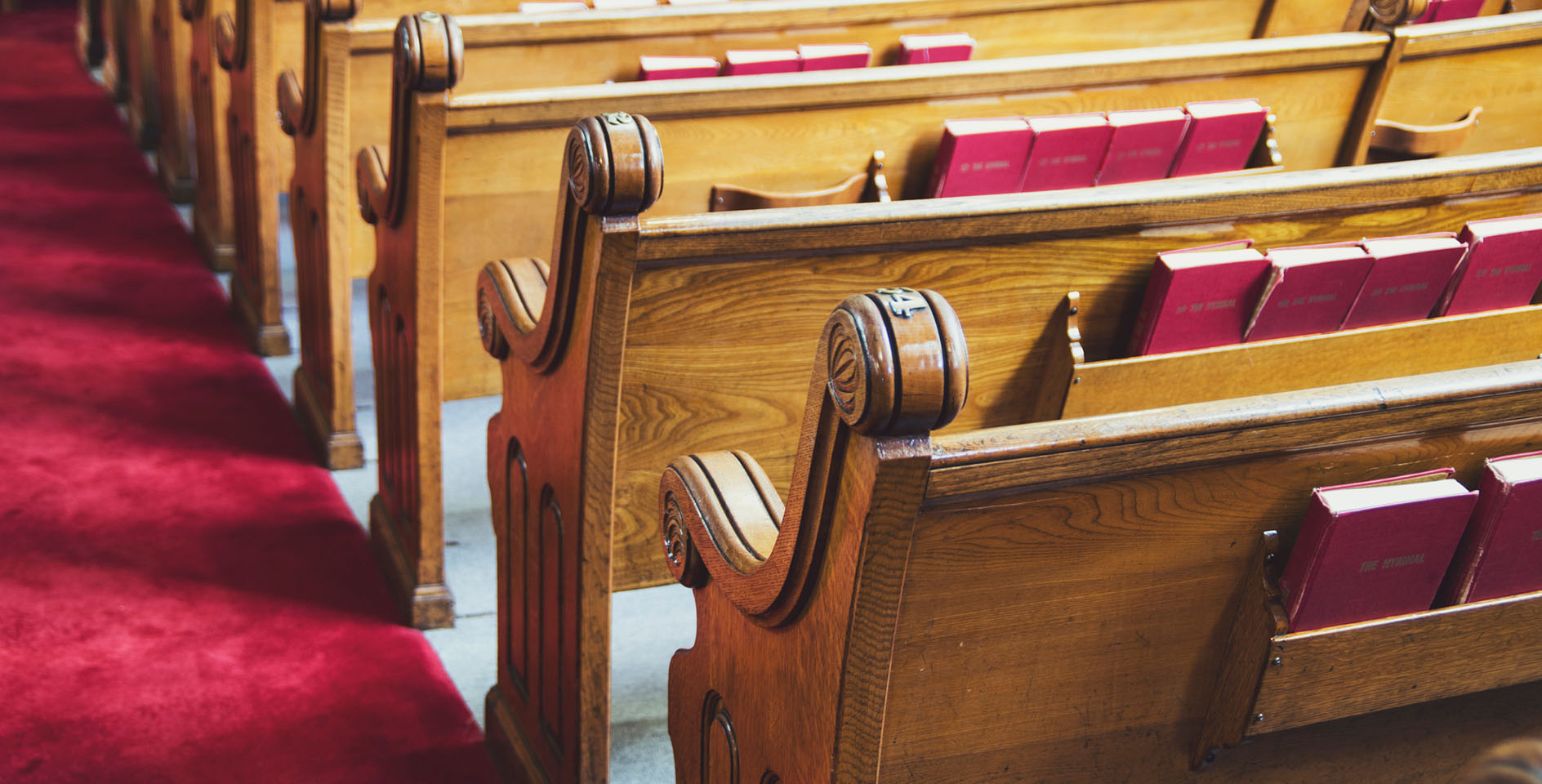In 1792, British Baptist William Carey published An Inquiry into the Obligation of Christians to Use Means for the Conversion of the Heathen. In the short tract, Carey set forth the thesis—controversial at the time—that most of the known world was without Christ and that it was the scriptural duty of ordinary Christians to reach them with the gospel. Carey and his friends, sympathetic ministers like Andrew Fuller, John Sutcliffe, Samuel Pearce, and John Ryland Jr., understood that the task before them would require organization and strenuous effort, and they responded to Carey’s plea by forming the Baptist Missionary Society (BMS).
The Baptist Missionary Society and funding
Upon organizing the BMS, Carey and his friends faced many challenges, but their most persistent struggle came from their efforts to secure funding for the mission. Carey’s Inquiry already anticipated the difficulty of raising funds for such an endeavor. In the tract he encouraged congregations to set aside even one penny per week for the propagation of the gospel. He noted how many British families had boycotted sugar from West India over “the iniquitous manner in which it is obtained,” and recommended that they devote the savings from this boycott to missions. No cause was greater than that of the promotion of Christ’s kingdom, Carey argued, as he pleaded with readers to invest in eternal reward.
Carey is appropriately known today as the “father of modern missions.” His missional vision and plodding work ethic helped launch a movement that reverberates to this day. But Carey did not labor alone; he depended on his friends and financial contributions from local churches. As Fuller later recollected, “Carey, as it were, said, ‘Well, I will go down if you will hold the rope.’ But before he went down, he, as it seemed to me, took an oath from each of us at the mouth of the pit to this effect, that while we lived we should never let go of the rope. You understand me. There was great responsibility attached to us who began the business.”
A large part of Fuller’s “rope-holding” involved a lifetime commitment to raising money to fund Carey and the other missionaries sent out by the BMS. This task took extraordinary effort, for the need for funding never relented. Fuller worked so hard in his fundraising and other administrative duties for the BMS that his widow believed it led to his death at the age of 61.
Mission endeavors like the BMS—the kind of works that require partnership across local congregations—have long struggled with fundraising. In the free church tradition where each congregation operates autonomously, larger cooperative ministries have often been overlooked, sometimes by necessity, as local congregations struggle to sustain their own ministries.
The SBC and the Cooperative Program
Nearly a century after the formation of the BMS, Lottie Moon, an American missionary to China who had been sent out by the Foreign Mission Board of the Southern Baptist Convention, was still laboring to secure funding for missions. In 1887, she lamented the shortage of financial contributions for the vital work to which Christ had called his church, writing, “Why this strange indifference to missions? Why these scant contributions? Why does money fail to be forthcoming when approved men and women are asking to be sent to proclaim the ‘unsearchable riches of Christ’ to the heathen?”
Moon, like so many others, sought creative ways to raise money for missions and eventually suggested the Christmas season when Christians celebrated the greatest gift ever given as a natural time to consecrate money for the cause. The first Lottie Moon-inspired Christmas offering was taken in 1888, and that offering has raised over $5 billion for world missions to date.
The 1920s were a difficult decade in America. World War I had just ended, the Spanish Flu Pandemic of 1918-1920 had killed 675,000 Americans, and the “forgotten depression” of 1920-1921 hit farmers and other working-class Americans especially hard. As a result, the Southern Baptist Convention, which was made up mostly of rural churches, was having trouble funding its various ministries. In 1924, facing a debt of nearly $1 million, the Foreign Mission Board was forced to turn down the applications of 95 prospective missionaries.
In addition to the difficulty of financial shortfall, constant fundraising efforts were disrupting local church ministry. The churches of the Southern Baptist Convention were committed to funding home missions, foreign missions, and multiple seminaries, to name just a few, and the prevailing fundraising method prior to 1925 was for each of these entities to send representatives to local churches to plead for help. A representative would show up at a local church on a Sunday morning, preach a message about the need, and take up an offering to fund their ministry. The continual appeals for money exhausted local churches and kept local pastors out of their pulpits multiple weeks per year. The Southern Baptist Convention needed an alternative solution.
At the 1924 annual convention in Atlanta, Louisiana pastor M.E. Dodd, chairman of the Committee on Future Program, recommended a revolutionary solution to the funding dilemma. Dodd’s plan—known today as the “Cooperative Program”—asked the individual churches of the convention to commit a percentage of their total receipts each year to their state conventions. The state conventions would then designate a portion of the money to state-level ministries before forwarding the remainder to the SBC. Dodd’s plan was adopted at the 1925 convention in Memphis and continues to fund the cooperative gospel efforts of the SBC to this day. Last week was the anniversary of this adoption.
How successful has the Cooperative Program been? Many of its benefits will never be measured. Dodd’s plan has freed countless gospel laborers from the tedious and time-consuming work of raising money and has kept pastors in their own pulpits on Sunday mornings. Missionaries have been freed to continue their labor on the field uninterrupted, freed from the heavy burden of fundraising. The Cooperative Program today funds six top-level seminaries that provide theological education for more than 13,500 students annually—more than any other denomination in the United States. Additionally, through the CP, Southern Baptists support over 3,500 on-the-field international missionaries through the International Mission Board and over 4,400 church plants through the North American Mission Board. This money also funds Lifeway Resources, the SBC’s publishing entity, Guidestone, which helps ministers with financial planning, and the Ethics and Religious Liberty Commission, which advocates for religious liberty and Christian ethics in the broader cultural arena.
Churches are not required to give, but that has rarely been a problem. To date, Southern Baptist churches have given over $20 billion. The SBC’s annual budget is nearing $200 million. While these numbers are impressive, there’s no way to adequately assess the impact of M.E. Dodd’s idea. Spiritual fruit cannot be measured with data charts and pie graphs. Only God knows the full impact of the last century of Southern Baptists’ cumulative financial sacrifices. Here’s to many more years of faithful giving to the Cooperative Program.










